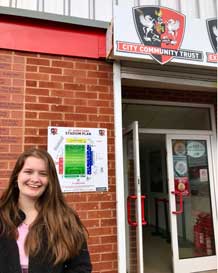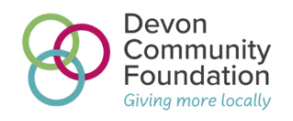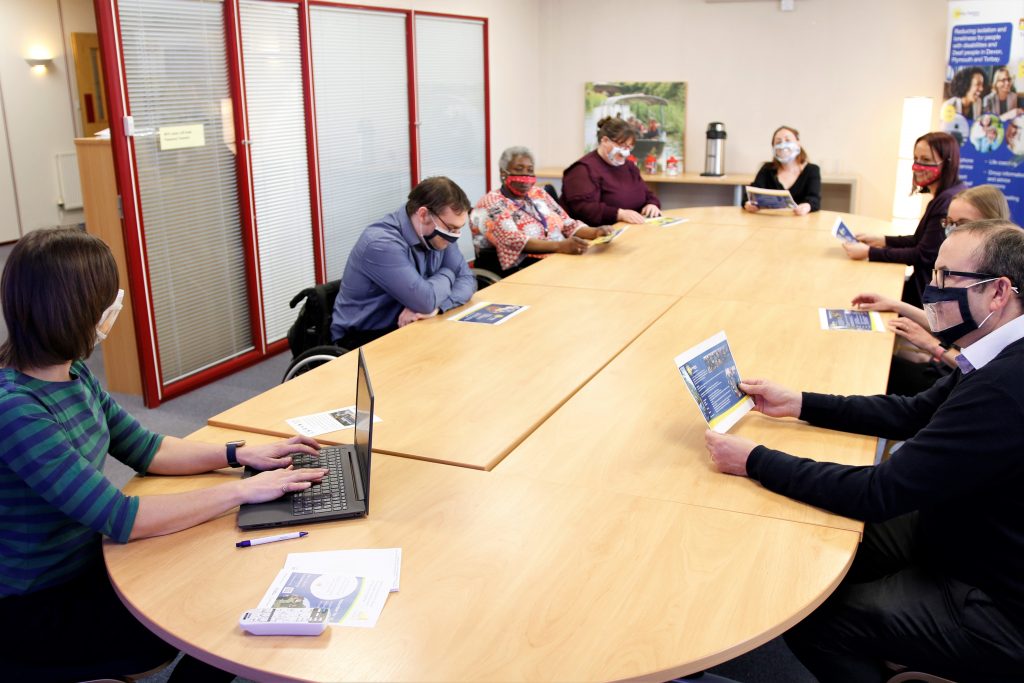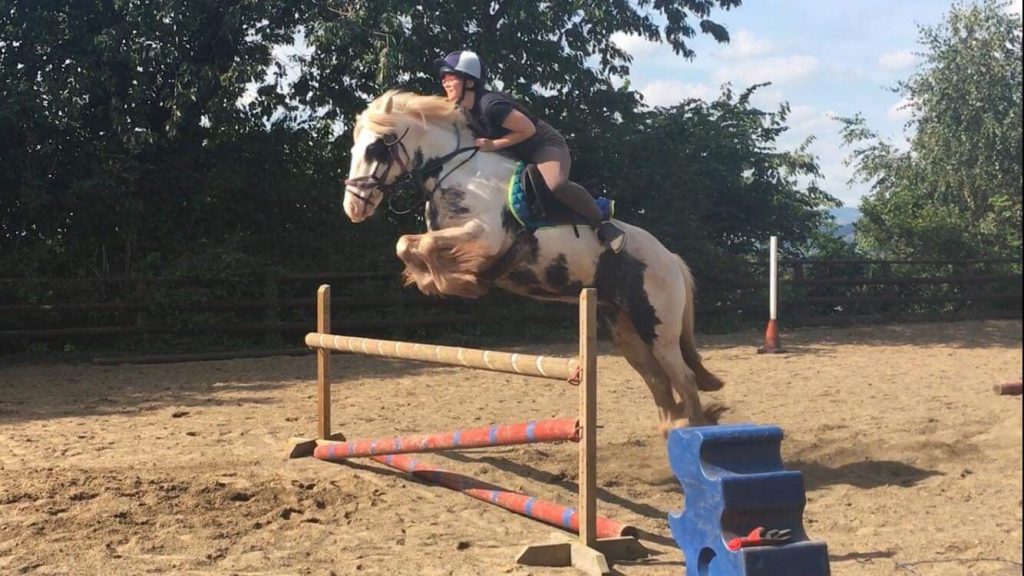
Student Name: Ella
Pathway Programme: Pathways to Charity and Development
Internship Role: Charity Development Assistant
Internship Employer: Exeter City Community Trust
As a Sociology student in my final year, the thought of deciding what I want to do for a career was a daunting one! With so many different options and possibilities, I felt quite overwhelmed and unsure (and I know a lot of other students tend to feel the same!) I decided to apply for the University’s Professional Pathways internship programme, in the hopes of getting some experience and a clearer idea of what kind of job I might like to do in the future. There were 4 different sectors to choose from: I applied to the ‘Pathways to Charity and Development’.
For me, working in the Charity sector was an interesting prospect (and it seemed to link in well with my personal and academic interests), but I didn’t know much about it, and I wasn’t sure what types of jobs were available to me within the Charity sector. After applying to Professional Pathways, and being successful in the Assessment Centre, I secured a place on the scheme and was invited to attend a series of employer-led training sessions. Speakers from both local and national charities came in to discuss various topics (such as charity funding and fundraising, communications, volunteer management, and humanitarianism). The training week culminated in group presentations to a panel of employers, in response to different project briefs set by local charities. My group’s brief asked us to review, evaluate, and provide recommendations for Exeter City Community Trust’s social media channels. We were then rewarded with pizza, as well as a chance to network with employers!
After the training, I began my paid 35-hour internship. I was matched with Exeter City Community Trust (ECCT), as a Charity Development Assistant. During this internship, I have had the opportunity to learn about all the different roles within ECCT, as well as the programmes and activities that they offer for the community (focussing on sports, education, and wellbeing). A highlight for me so far has been helping with the “social café”, which was set up during COVID to combat loneliness. ECCT’s social cafe is a place where people can go, once a week, to have a cup of tea and chat with others. From talking to some of the regular attendees, it was clear how important this was to their own wellbeing! It seemed like a real lifeline for older generations, and it was amazing to see that it has made such a difference.
In terms of how my involvement in Pathways to Charity and Development has helped me in my career journey so far, I’ve gained valuable insight into what it might be like to work in the Charity sector. It’s also confirmed that this is a career I would love to go into; specifically, a role that centres around improving the wellbeing of communities. Looking ahead to finishing my internship with Exeter City Community Trust, I cannot wait to see what my next career steps are, and I’m excited to take what I have learnt from the Professional Pathways programme forward into life as an Exeter graduate.
Pathways to Charities & International Development is one of 4 sector specific training courses offered which make up the Professional Pathways programme, hosted by the central careers service. Employers can get involved by offering a 1 hr training session, providing a business project for students to work on in the training or hosting a funded 35 hr internship.






